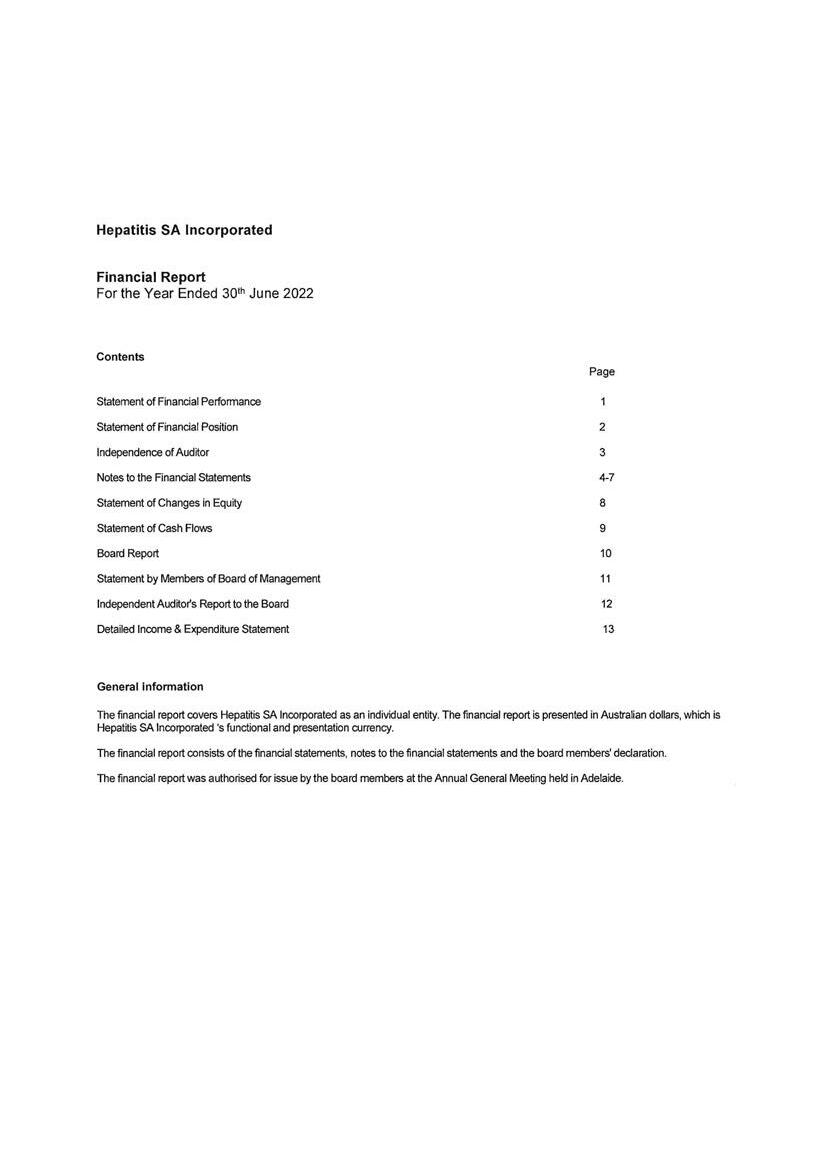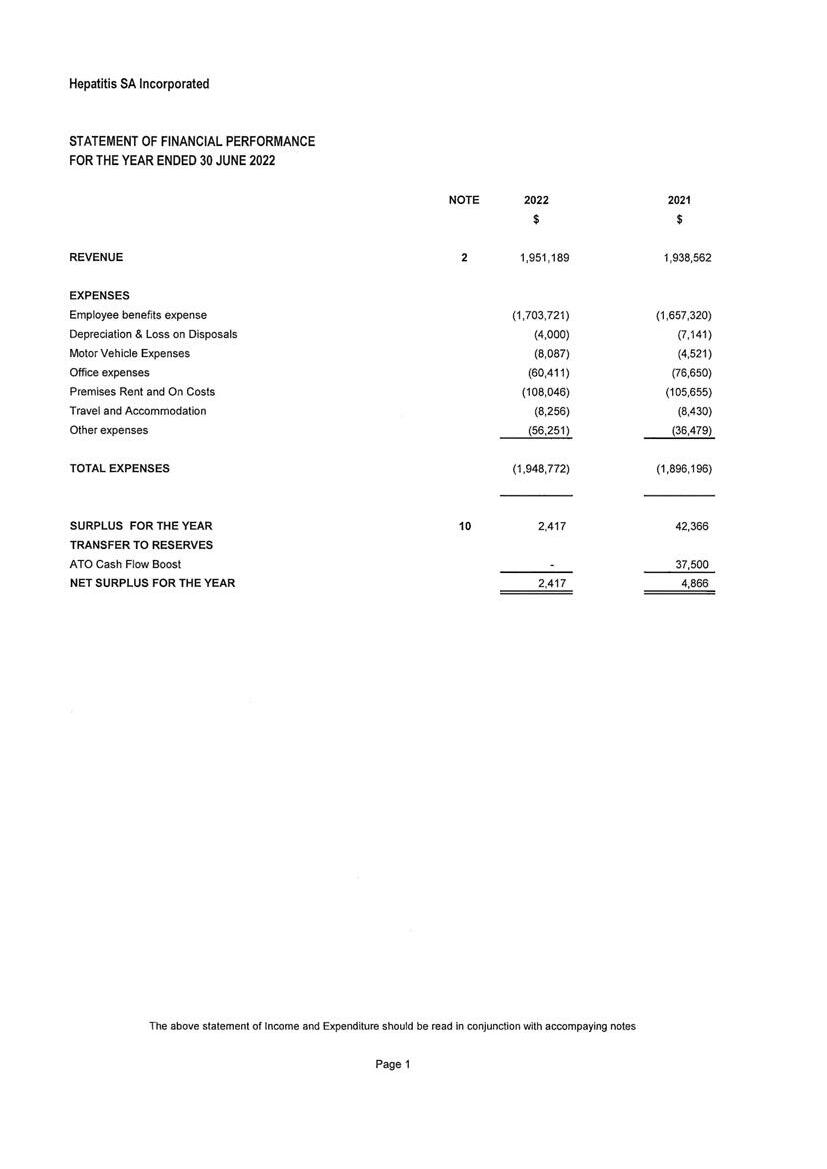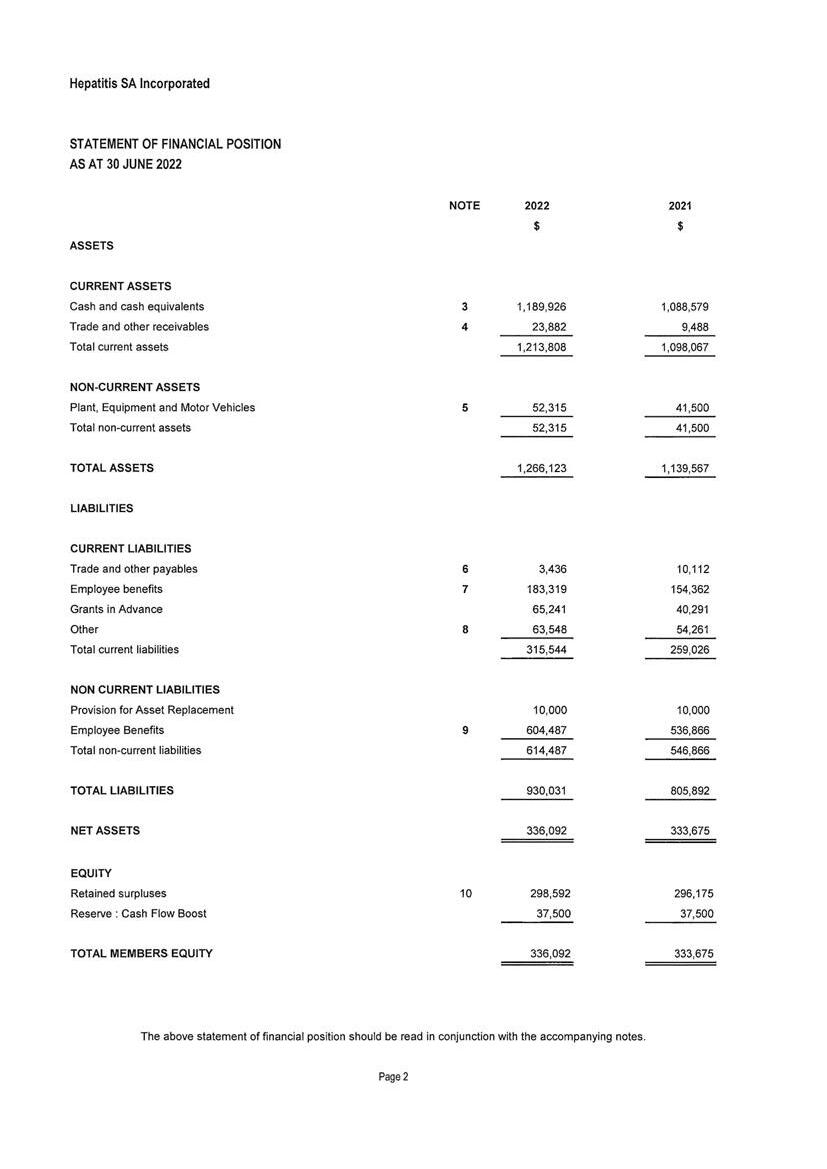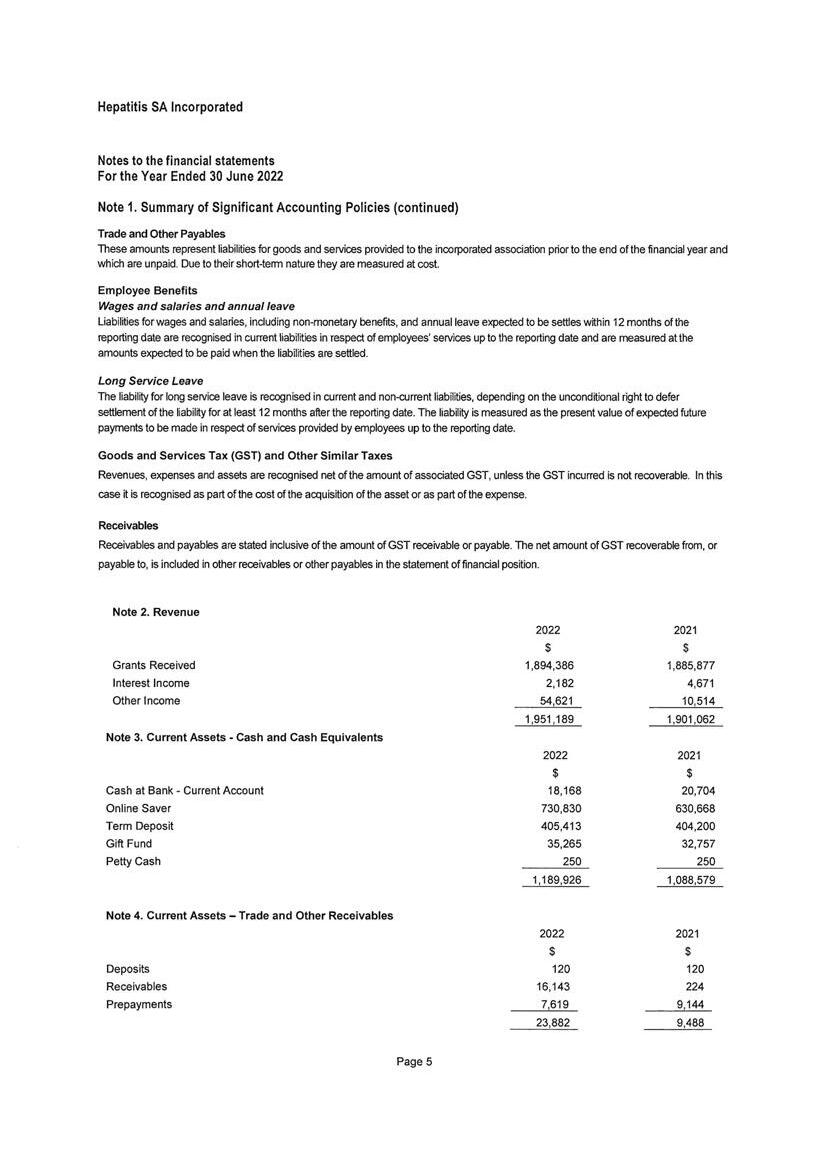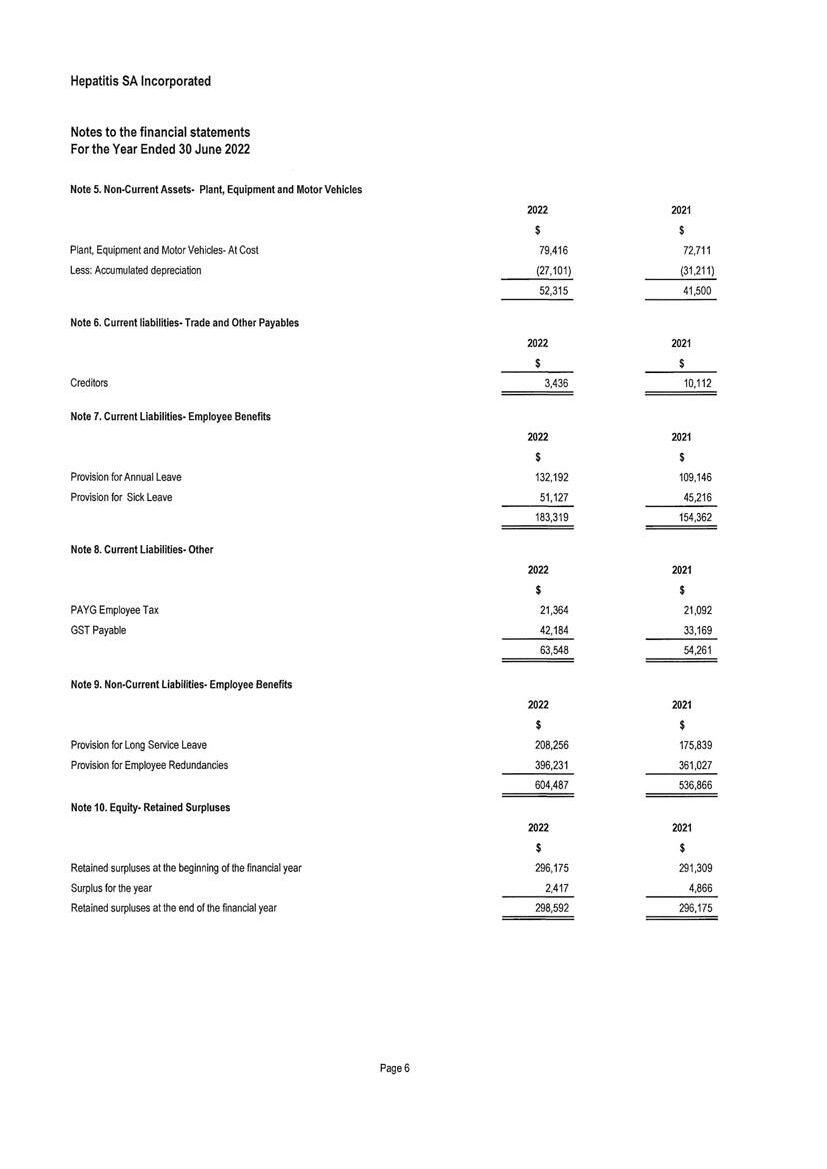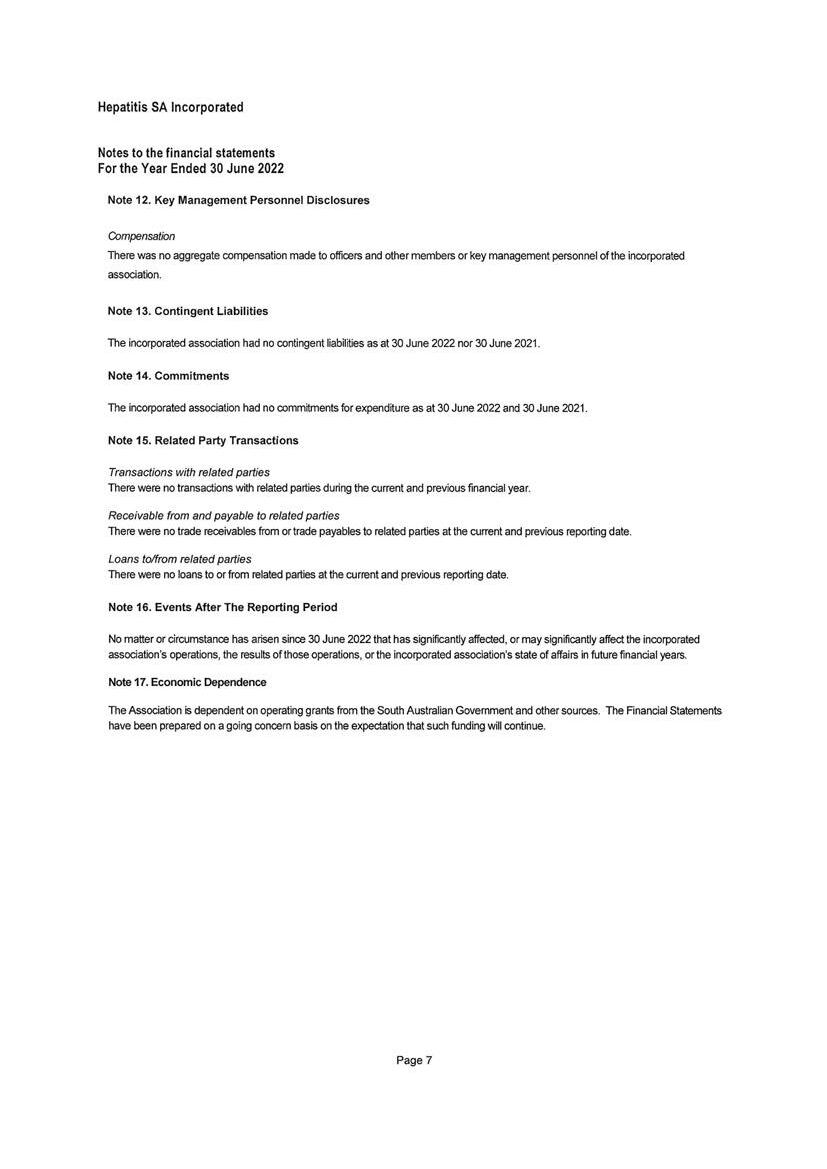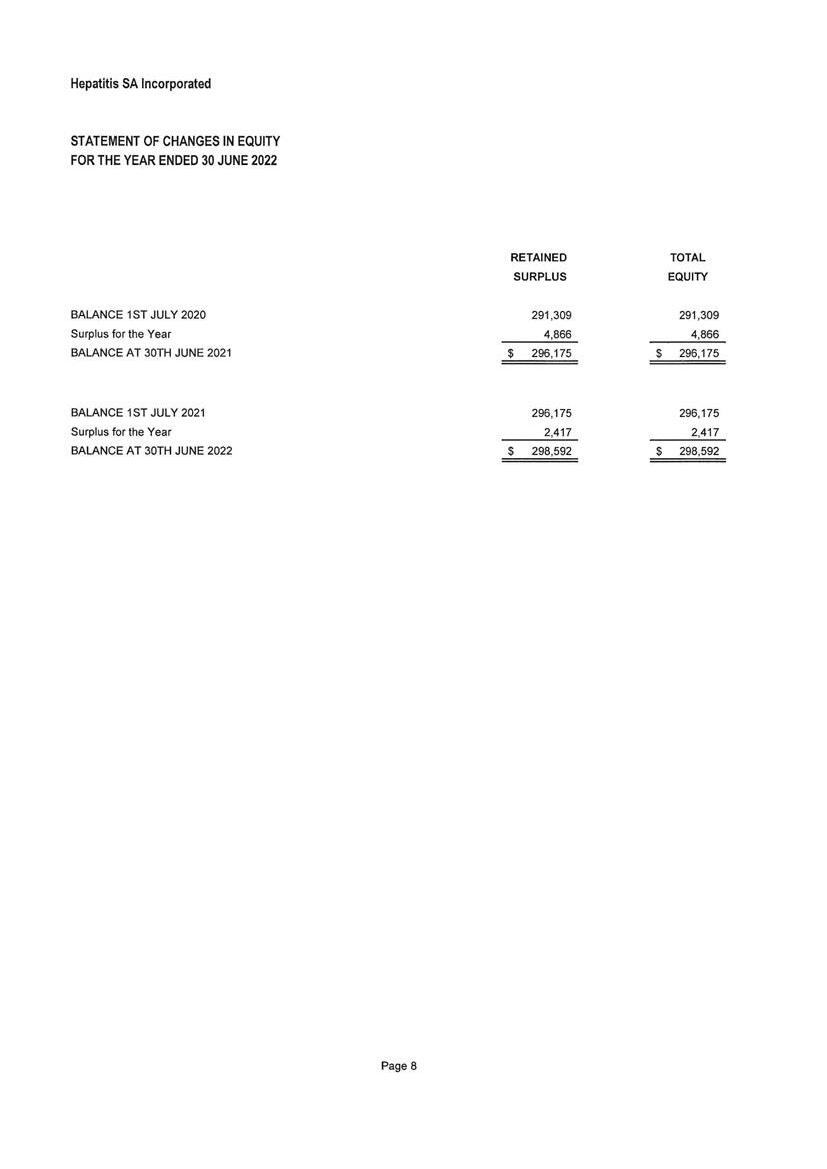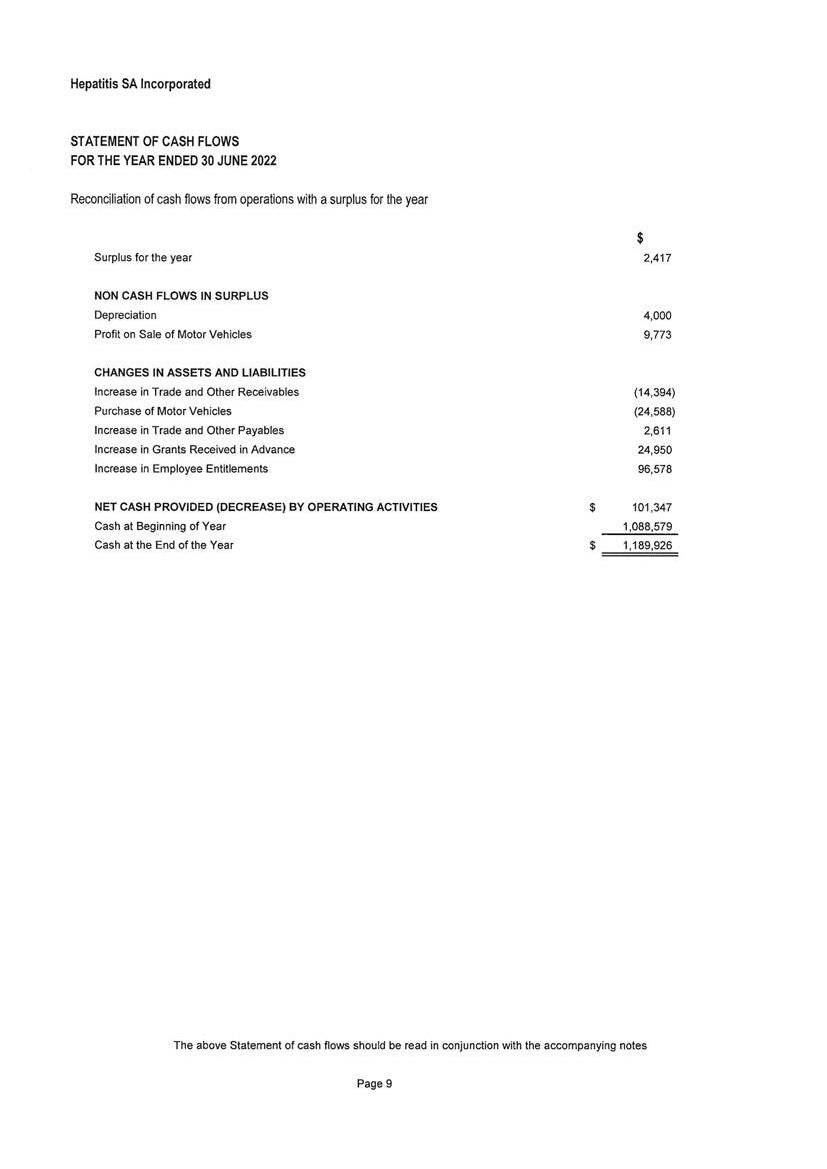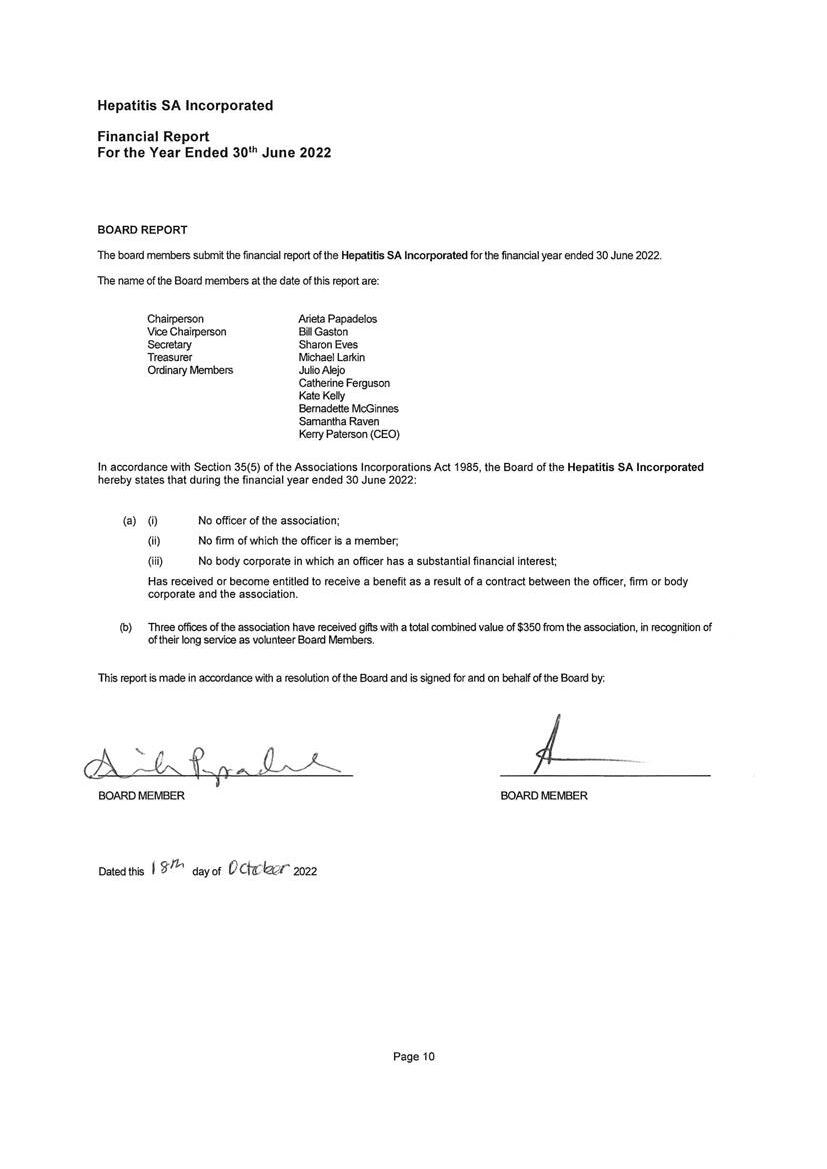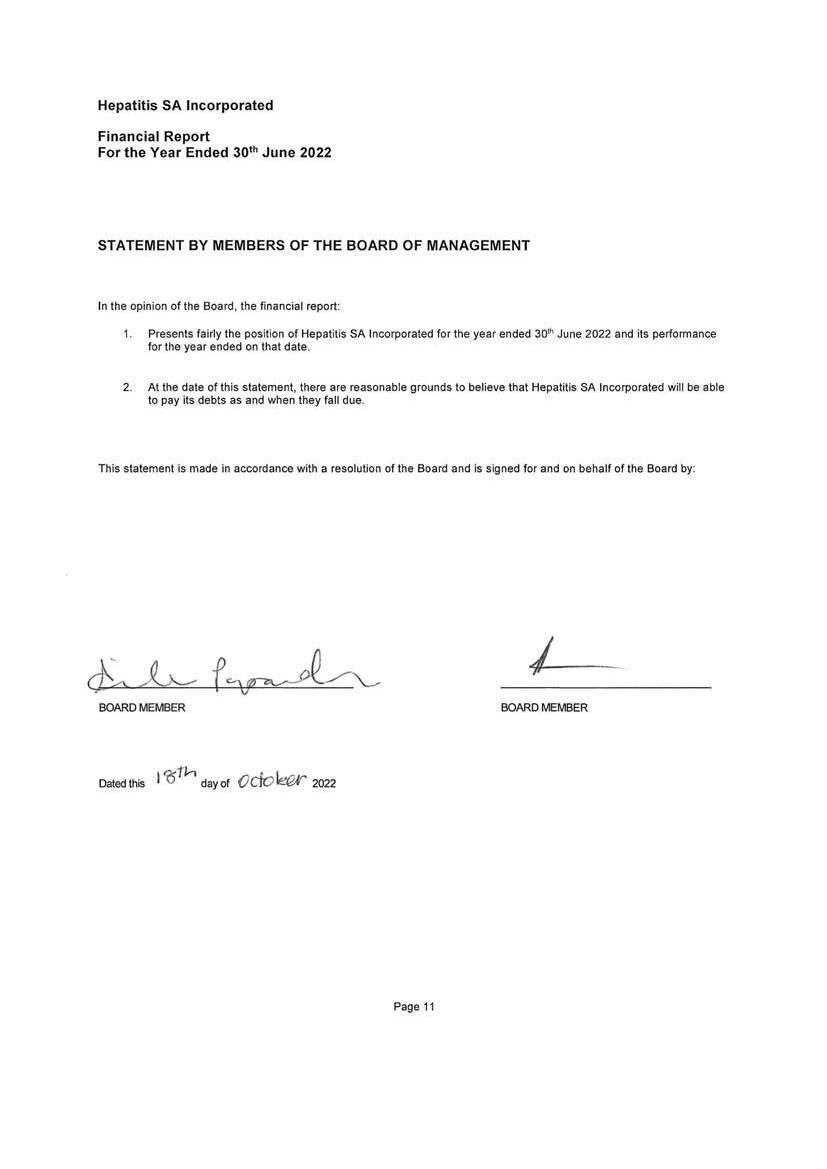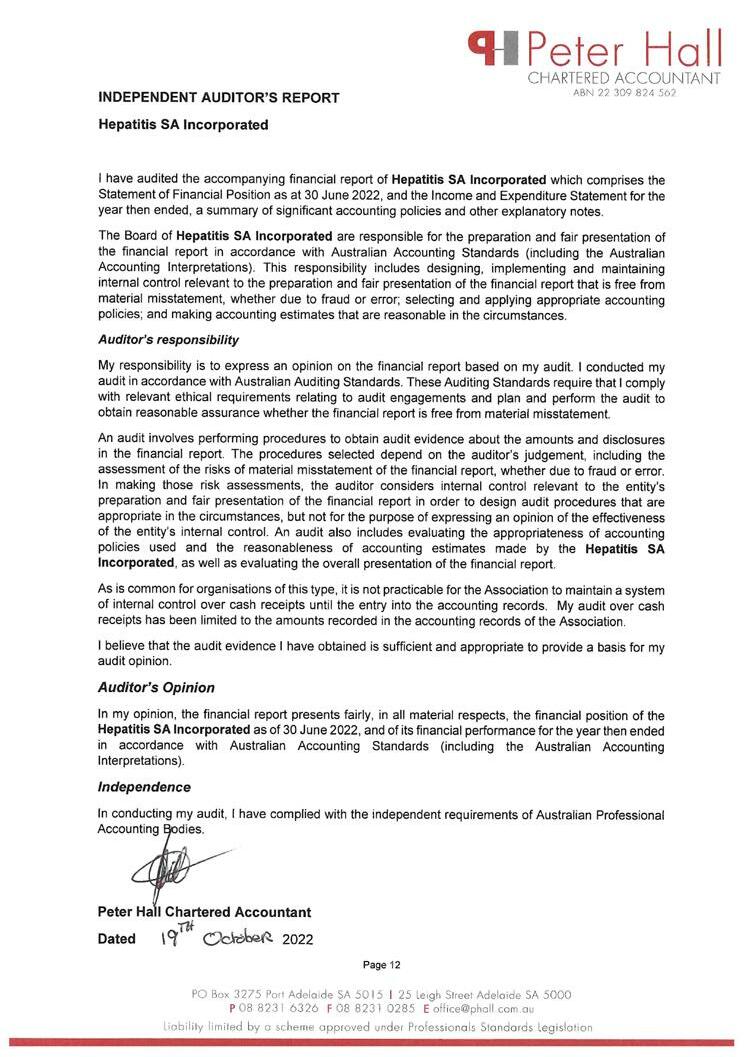






The year began with the welcome news that SA Health had procured a GeneXpert machine and cartridges, as well as SD Bioline HCV antibody fingerstick tests to support the extension of the Eliminate C (EC) Australia PROMPT Study at the Adelaide Remand Centre, and as well be available for use by viral hepatitis nurses at various locations. Two Hepatitis SA HCV peers had significant involvement in the PROMPT Study the previous year, engaging clients and undertaking rapid HCV testing, having been trained in the use of the GeneXpert machine.
Hepatitis SA offered to store the machine at our office location since our premises were far more accessible for all who needed to use it, than the original location at the Royal Adelaide Hospital. This became significant for Hepatitis SA HCV peers during a lockdown period, when the machine wasn’t being used by the nurses. Lisa Carter, our Information and Support Coordinator, negotiated with Jeff Stewart, a viral hepatitis nurse at Central Adelaide Local Health Network, to support a small trial at our Clean Needle Program (CNP) service, which operated at our Hackney office throughout
the pandemic this year. This trial involved the HCV peer providing HCV rapid testing to our CNP clients using the GeneXpert machine, with Jeff providing nursing support via telephone. This small trial was a success and in March 2022 this peer-led model with remote nursing support for HCV testing was approved by the SA Viral Hepatitis Model of Care Reference Group. This then allowed Hepatitis SA to offer this model of HCV testing to support the EC Australia It’s Your Right campaign at 5 sites over 12 days from May to July 2022, when 245 clients were tested, and the 31 clients (13%) who tested positive were linked to viral hepatitis nurses for treatment.
These new HCV testing technologies are offering the opportunity for a simplified path to treatment and hence for HCV elimination, and there has been much activity across Australia,
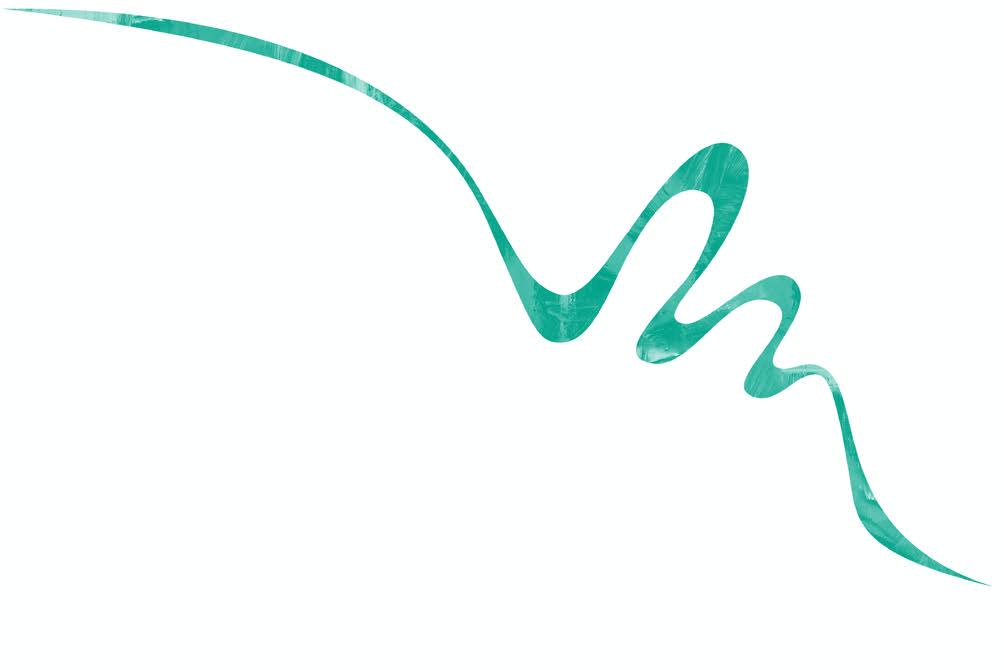
including the start of the Kirby Institute’s TEMPO study which Hepatitis SA is supporting at 4 CNP sites in South Australia, after a number of years delay due to COVID.
While COVID restrictions disrupted our Education Team’s plans to provide more viral hepatitis education and screening clinics for multicultural communities in the northern suburbs, Hepatitis SA did support the Centre for Social Research in Health’s HBV Stigma Monitoring Project in local Chinese and Vietnamese communities, as well as future HBV research proposals from the Centre. Hepatitis SA also provided feedback on the South Australian HBV Model of Care Review being led by SA Health which is due for completion in the next financial year. We are hopeful that the next iteration of the national blood-borne virus strategies
due in the next financial year addresses the chronic underinvestment for the response to hepatitis B in most of Australia.
One positive from COVID restrictions has been the increase in online webinars and conferences, and the follow up availability of recordings of these events, which has made these opportunities for professional development more accessible for our staff. Though for the first time since the pandemic began two of our educators were able to attend an interstate conference in Brisbane this year, the Australasian Viral Hepatitis Conference, and they very much appreciated the opportunity to network with sector colleagues from across Australia at this event, which we have all been missing.
While all staff are fully vaccinated, COVID took a greater toll on staff attendance early in the 2022 year compared to the
previous year, mainly with staff being close contacts and needing to isolate. To address this, a pandemic leave policy was finalised in January 2022 providing all staff, including casuals, with a week’s equivalent paid leave. Then in May and June 22 three staff, separately, tested positive to COVID. To date, no-one has contracted COVID in the workplace.
There were a few new additions to Hepatitis SA during the year. In November we welcomed Kate Kelly to the Hepatitis SA Board, and in late June we welcomed Sharon Drage, who will be employed parttime for 12 months to work on the National Hepatitis Infoline Project funded by the Australian government. There were also a number of volunteers who worked on two short term projects, the EC Australia Its Your Right campaign and the Aboriginal Harm Reduction Project, which both span the latter months of this financial year and into the next.
We farewelled two excellent sector partners this year, Margery Milner, Viral Hepatitis Clinical Nurse Consultant from Central Adelaide Local Health Network in July and Danny Gallant, Manager of the STI and BBV Section SA Health in December. Hepatitis SA worked with both over many years and highly valued their considerable contributions towards improving the lives of South Australians affected by viral hepatitis.
I would like to thank all the staff at Hepatitis SA for their efforts in providing our services in another difficult year of pandemic restrictions and interruptions. I would also like to thank our partner organisations for their support, including our main funding administrators, the staff at the STI & BBV Section at the South Australian Department for Health and Wellbeing, and Drug and Alcohol Services South Australia.
Arieta Papadelos ChairpersonHepatitis SA CNP
Peer Projects consists of a team of Peer Educators placed at high volume CNP sites to provide harm reduction services to people who inject drugs. The Peer Education team is supported by a Coordinator and a Project Worker.
This year Peer Educators provided services full-time at 3 ‘Primary’ CNPs: Noarlunga Health Precinct, Noarlunga Centre; Wonggangga Turtpandi Aboriginal Health Service, Port Adelaide; and DASSA Northern Service, Elizabeth.
Peer Educators also provided CNP services on a sessional (part time) basis at 3 CNPs: Nunkuwarrin Yunti Aboriginal Health Service, Adelaide; Uniting Communities Streetlink, Adelaide; DASSA Central, Stepney.
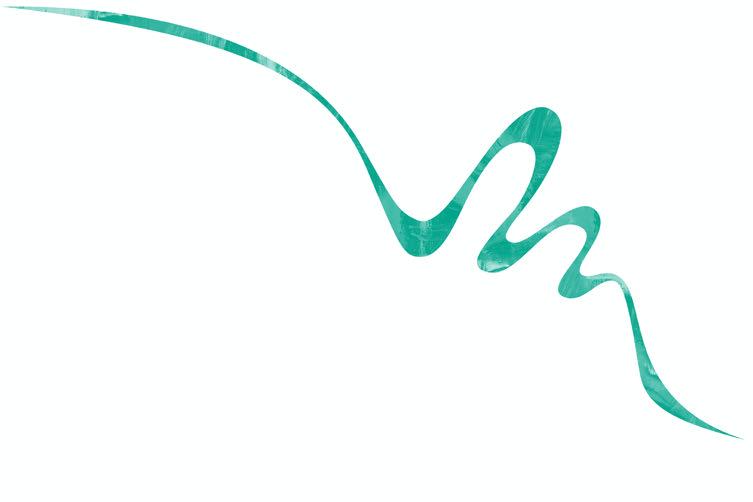
CNP Client Interactions: Primary & Sessional Peer Sites
CNP statistics are similar overall to the previous year. Numbers have been slightly down for the past couple of years due to COVID-19 impacting on drug markets, with the reduction in drug strength/quality leading to a reduction in drug use. The most noticeable reduction has been in heroin use –only 10% of clients reported heroin use which is less than
half of last year’s 22%.
Almost 1 million (977,179) new syringes were provided during 12,495 client interactions (70% male; 30% female) which is an average of 78 syringes per client interaction. For every client accessing the CNP, an average of 2.4 other people indirectly accessed clean injecting equipment. There were 563 new clients, and clients identified as Aboriginal and/or Torres Strait Islander in 1,750 interactions (14%).
Information and peer education on safer injecting was provided during 2,738 client interactions, and support for more complex issues was was provided on 255 occasions. CNP Peer Educators provided 3,749 referrals to health services, AOD services and social support services which is more than twice the number of referrals as last year.
CNP Client Interactions: Hackney CNP
Client numbers at the Hepatitis SA Hackney CNP continue to increase, with 959 client interactions this year. The number of
new clients doubled this year, as did the number of Aboriginal client contacts. There were also increases in the number of syringes distributed and the number of CNP interactions where information, support and/or referrals were provided.
• 88 new clients
• 141 Aboriginal client contacts
• 102,797 syringes distributed
• 255 occasions of information/education
• 87 referrals to other CNPs, AOD services and hepatitis C testing/ treatment
• 46% of clients reported using amphetamines
• 17% of clients reported using heroin
• 18% of clients reported using PIEDS
The CNP team provided training and education (online and face-to-face) to 131 paid staff, volunteers and students in the health and community sector.
Training covered a range of topics relating to drug use, CNPs and working with people who inject drugs.
Participating in annual events such as Closing the Gap Day, International Overdose Awareness Day (IOAD) and World Hepatitis Day (WHD) created additional opportunities for engaging with people who inject drugs. CNP peer educators raised awareness of important issues (eg overdose, and hep C testing and treatment) through competitions and information stalls.
‘It’s Your Right’ Health Promotion Campaign

The It’s Your Right Health Promotion Campaign (IYR), funded by the Paul Ramsey Foundation and administered by EC Australia at the Burnet Institute, aims to reduce the prevalence of hepatitis C amongst people who inject drugs by using peer engagement to increase access to hepatitis C testing
The SA component of the IYR campaign was delivered between April and July in 4 key metropolitan areas (northern suburbs, southern suburbs, port/ western suburbs and Adelaide CBD). In each area trained IYR peers talked to people who inject drugs about hepatitis C and referred them to HCV Point of Care Testing (POCT) conducted by Hepatitis SA hep C peers. It’s Your Right merchandise (caps, tote bags, tourniquets) was used as an outreach engagement tool and given to people who inject drugs who engaged in HCV conversations with the IYR peers.
The It’s Your Right campaign provided many opportunities for the CNP Peer Projects. The street/ community-based outreach was a new way to engage with people who inject drugs, especially more marginalised injectors, and to facilitate increased access to hepatitis C testing
and treatment for a wide group of injectors who may have faced barriers to accessing these services in the past. The campaign was also an opportunity to recruit and train more peer workers, including 2 Aboriginal peers which has led to increased engagement with Aboriginal people who inject drugs.
During the Campaign there were:
• Over 450 peer-based conversations about hepatitis C generated
• Over 200 people who inject drugs tested for hepatitis C
• Approximately 30 people who inject drugs referred to hepatitis C treatment
• 79 known/recorded interactions between Aboriginal and/or Torres Strait Islander clients and IYR peer workers. Not all interactions were recorded so the actual number of interactions
The Aboriginal and Torres Strait Islander Harm Reduction Project, funded by the Australian Government via the Australian and Illicit Drug Users League (AIVL), consists of a multi-targeted approach to increase Aboriginal community and workforce awareness of harm reduction and injecting related issues, reduce the stigma associated with injecting drug use, improve access to Clean Needle Program services for Aboriginal people who inject drugs and increase their harm reduction/safer injecting knowledge. Hepatitis SA is working in partnership
with the Aboriginal Health Council SA (AHCSA) to achieve the project aims and outputs. The project is guided by a Steering Committee that provides ongoing advice and contribution to the project’s design, development and implementation.
Two Aboriginal peer educators have been recruited and trained to provide safer injecting education to Aboriginal people who inject drugs (recruitment is continuing). Safer Injecting workshops for Aboriginal people who inject drugs, cofacilitated by Aboriginal peer workers, have been held in Port Adelaide and Port Augusta, with more workshops planned for metropolitan and regional areas.
■
Other project activities to date include visiting CNP services and Aboriginal health services in Port Pirie and Port Augusta; having a conversation about CNPs and other IDU related issues broadcast on Radio Adelaide Aboriginal radio program, Nunga Wangga; and engaging an Aboriginal artist to design original artwork for use in project materials.
Lastly, I would like to thank the CNP Peer Projects team for their amazing effort throughout the past year: Andrea, Bernadette, Brett, Collis, Eugene, Fiona, Justin, Margie, Mark B, Mark T, Meagan, Penni and Robert.
Carol Holly Coordinator
This year started out as back to as normal as we had seen for a while, but then with borders opening and COVID case numbers rising at the end of 2021, restrictions were back in place as far as face-to-face education was concerned. The team also said ‘see ya’ to Nicole who headed off on Parental Leave in November 2021.
Despite the continued challenges, the team provided, 49 viral hepatitis education sessions to 741 community members. Participants of community education sessions predominantly included people affected by alcohol and other drug issues, young people (including those in the juvenile justice system), Aboriginal and Torres Strait Islanders, people from culturally and linguistically diverse backgrounds, people affected by mental illness, people experiencing homelessness, and people in custodial settings. With the increase in COVID cases at the end of 2021, prisons across South Australia were again placed into lockdown for most of the second half of the financial year.
Particular highlights of the community education program for this reporting period included:
On 18 May 2022, Hepatitis SA Educators and Clean Needle Program Peer Educators held a stall at the ‘Close the Gap Event’ hosted by Sonder at the Royal Adelaide Showgrounds. The event was attended by more than 1,500 people and included over 100 stallholders from various community and health services. To engage participants, our stall included free henna art from a professional henna artist and a free quiz. The quiz included just two questions; “how long does it take to be cured of hep C? 12 weeks or 12 months” and “how often should a person living with hep B see their doctor? Every 6 months or every 5 years”. These questions effectively fostered various in-depth and helpful conversations about viral hepatitis and harm reduction. A total of 46 participants entered the quiz. At the conclusion of the event, a name was randomly drawn, and the person won a $50 gift voucher. All participants were asked their thoughts on the correct answers to the quiz questions, and participants who answered incorrectly were then
provided with the correct information. Hepatitis SA educators wanted to ensure all participants walked away with accurate knowledge. Hepatitis SA worked collaboratively with the University of New South Wales Centre for Social Research in Health (CSRH) as well as other hepatitis organisations across Australia, to implement the first phase of their Stigma Indicators Project where surveys were completed to assess hepatitis B related attitudes, knowledge, and health seeking behaviours of members of the Vietnamese and Chinese communities. Hepatitis SA worked with Community Access and Services SA (Vietnamese Community of SA) and the Overseas Chinese Association to have 100 surveys completed from each community. The results from this phase will be available later in 2022.
This year the Education Team also delivered 90 viral hepatitis workforce development sessions to 812 participants across
a range of workforces and registered training organisations. This included the workers at various Clean Needle Program sites, Pharmacy sector, Aboriginal Health, Employment Services, University Courses, SA Forensic Mental Health Services, SA Mental Health Rehabilitation Services, and nursing and allied health staff at regional hospitals and community centres.
Ongoing education sessions continued with Department for Correctional Services and the Metropolitan Fire Service.
Particular workforce highlights included:
On 4-7 April 2022, Hepatitis SA Educators travelled to the mid-North to undertake a blitz of education sessions in
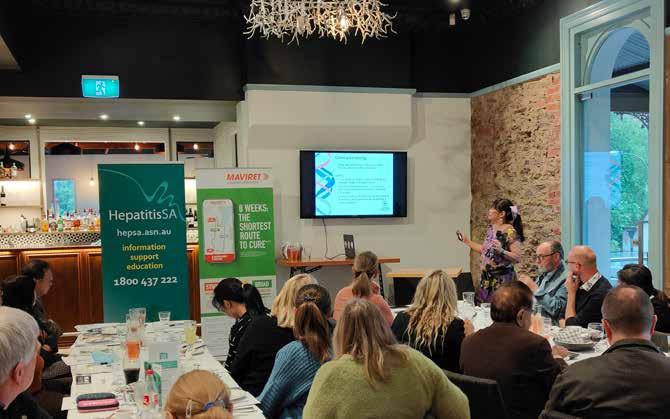
the area. Services that received education in Whyalla included the SES, Community Corrections, TAFE students studying nursing and disability care, Novita (disability service), Headspace, Nunyara Aboriginal Health Service, Plaza Youth, and the Whyalla Council. In Port Pirie, services included Tarpari Wellbeing Centre, Port Pirie Regional Health Service, Community Corrections, Centacare, and the Red Cross. Educators also visited other pertinent businesses and services, including pharmacies and GP Clinics, to provide resources and Hepatitis SA Helpline posters.
In November 2021, an STI and BBV Screening educational event was held at the Cathedral Hotel in North Adelaide where, despite the inclement
weather, 6 GPs and 13 nurses attended. The event was suggested by one of SA’s viral hepatitis nurses - to focus on screening, because once someone is screened and tests positive, the viral hepatitis nurses will be notified and can follow up with their GP. The presenters for the night were Dr Carole Khaw from the Adelaide Sexual Health Centre; Jeff Stewart, Viral Hepatitis Nurse and Dean Harris, Positive Speaker with Hepatitis SA.
Finally, a big shout out to the Education Team, thank you for all your hard work and bringing your best each day. I look forward to the year ahead, especially welcoming Nicole back in late 2022.
Jenny Grant CoordinatorThe Information and Resource team is responsible for the design, production and distribution of information resources and promotional material as well as the development of social media content and the maintenance of Hepatitis SA’s online presence through the main organizational website, and a host of other platforms.
Our communication activities include the publication of the quarterly Hepatitis SA Community News, regular e-mailouts and news alerts, a blog and regular alerts from our online library on new acquisitions and special topics.

The Hepatitis SA Library has settled into the new cataloguing platform implemented in 2020. Duing this financial year, the Library’s online catalogue received 156 visitors, 150 of whom were new users. There were over 2,350 page views. The Library home page which features new acquisitions, had 685 visits from 424 users of whom 424 were new.
Our electronic mail outs reach around 950 people/ organisations – with numbers varying for alerts on special topics. A highlight of this aspect of our work was the completion of our bespoke inhouse

electronic mailout system. This was a major project which was implemented in October after months of development. The new platform made it possible for team members to easily set up and dispatch consistently high-quality e-newsletters without compromising Hepatitis SA members’ confidentiality.
The Hepatitis SA main website had 8,200 sessions from 6,700 users while the HepSAY blog had 2,500 users and a total of 2,900 sessions. Our Facebook page has a total (paid and unpaid) reach of 16,475. The Twitter account which has over 1,190 followers at the end of the financial year, had 191 tweets which garnered 27,664 impressions and 990 engagements.
Hepatitis SA appears to be the only hepatitis organisation in the country still producing a regular printed magazine. The closest is Good Liver from LiverWELL in Victoria which last published in December 2021 and is currently under review.
The Hepatitis SA Community News has a circulation of around 700 per issue. Over 2,900 copies were distributed this financial year. Electronic versions were sent to over 3,700 recipients. Two major resources produced in 202122 were the Hep C in 4 poster and an adaptation, and translation, of the Liver Cirrhosis booklet.
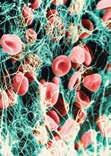
Our approach in developing resources for Aboriginal Community is to do it with the community in close consultation and partnership with AHCSA. It was clear from initial discussions that
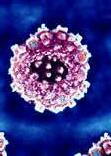
AHCSA considered hepatitis C awareness a priority for their community. In late June and July 2021, we worked in partnership to develop a poster on hepatitis C for frontline Aboriginal health workers and practitioners. This poster was launched on World Hepatitis Day together with an introductory video sent to Aboriginal health services in SA and shared on YouTube. The resource was promoted and published in the summer 2021 issue (#124) of the CRANAplus magazine for rural health workers.
The Liver Cirrhosis booklet was recommended to us as an excellent resource to adapt for local use, rather than write a completely new one. The booklet, originally from St George Hospital in NSW, had been requested many times by viral hepatitis nurses. In 2019, we had permission to produce a local SA version, but the plan was shelved due to changing work
demands resulting from the pandemic. This project was reactivated in 2021 and a new version of the booklet was developed following thorough consultation with selected health care workers and community members, including people who have chronic health conditions or have experienced major medical events, and people from non-English speaking backgrounds
A Chinese translation has been completed but yet to be reviewed and put into production.
While Hepatitis SA values print resources, the importance of online promotion is growing. In January 2022 the IR Team embarked on a professional development and mentorship program to enhance and expand our social media activities. Unfortunately, the program ran into problems when the provider went into receivership about a third of the way through. Despite that, we continued to have access to the training program although individual mentoring was no longer available.
Nonetheless, we were able to increase Facebook reach significantly by applying small changes learnt during the course. The reach of individual Facebook posts also increased significantly.
Boosted by the initial training, the IR team undertook a small 10day Facebook advertising
campaign promoting a rapid testing clinic in Port Pirie. The campaign reached over 3,100 people in and around Port Pirie, with 35 page views of the Port Pirie testing information page. We also had an organic (unpaid) reach of 953, with 63 post engagements and 487 views of the promotional video. While it is hard to be certain how or where people heard of the clinic because the nurses had also distributed posters and there was an interview on the breakfast program on ABC Radio, more people did show up for this clinic than the one held the month before.
The shift to social online promotion will continue to be one of learning and growth.
Plans for in-person activities for World Hepatitis Day (WHD) 2021 were scrapped due to COVID lock-down. The Stop B Cure C online quiz became the main WHD activity for 2021. Information events were cancelled and on the ground promotions for the Quiz had to be set aside.
Promotion was carried out online through e-alerts, Twitter, Facebook, personal WhatsApp messages and posts via community groups that support us. Printed flyers were distributed with a magazine mailout. We managed to letterbox some 2,300 flyers towards the end of the campaign as COVID restrictions eased. Stop B Cure C offered two Big 4
Holiday Park vouchers as prizes. It received 474 entries.
To maximise the reach of the Quiz, paper versions were distributed to targeted groups at the Chinese Welfare Services, the Spire Community’s Hope’s Café and the Aboriginal Health Council SA’s men’s group.
In addition to Stop B Cure C, there were also two other quizzes for targeted communities. One was promoted through peer led Clean Needle Program sites, where clients were
asked to call the Helpline and answer a question.
The other was run through the prisons where inmates were encouraged to call Hepatitis SA through the Prison Helpline and answer a question. There were 87 entries to this quiz. Through both of these competitions, staff would engage the callers in other hepatitis C related information such as transmission, testing and treatment.
Over 4,200 resource items were distributed as part of the WHD 2021 campaign.
The Information and Resources team would like to thank our tireless friend and volunteer, Fred, for his on-going support. We would also like to thank our colleagues for their support throughout the changing situations wrought by COVID-19.
Information Resources Team: Bryan, Cecilia, James, Joy and Rose
Cecilia Lim Coordinator
This year the Information and Support Program’s hepatitis C peer workers continued their involvement in the PROMPt Study, at the Adelaide Remand Centre (ARC) and this year it was implemented at the Hutt Street Day Centre for the first time. This study, funded by Eliminate C (EC) Australia, aimed to increase hepatitis C treatment uptake amongst South Australia’s hepatitis C priority populations. PROMPt utilised rapid testing for hepatitis C antibodies and hepatitis C RNA testing, with fingerstick blood samples, and ensures a linkage to care for any participant who requires treatment for hepatitis C.
Over the past 12 months 241 males on remand at the ARC were tested with 16% of participants testing positive for hepatitis C antibodies and 4% diagnosed HCV PCR positive. At the Hutt Street Day Centre, on the 29 days that the peer attended, antibody testing was provided to 186 participants, 7% tested PCR positive and were followed up for treatment. Other testing days in the community, at Whitmore House and 2 Clean Needle Program (CNP) locations, saw the peers provide testing and
treatment referrals as required to a further 153 people.
The peers were able to conduct fingerstick HCV Rapid PCR testing using the GeneXpert Machine, purchased by SA Health, within the Adelaide Women’s Prison and the Adelaide Pre Release Health Centre over 4 days, testing 26 people and finding two people requiring treatment who were then followed up by SA Prison Health Service or a CALHN Viral Hepatitis Nurse.
The peers also attended two Community Corrections locations over 7 days providing HCV rapid testing for 51 people, with one person that was then followed up for treatment by the CALHN Viral Hepatitis Nurse.
In March 2022, a peer-led HCV Testing Model of Care with remote viral hepatitis nursing support, was presented by Hepatitis SA and a CALHN viral hepatitis nurse to the SA Viral Hepatitis Model of Care (VHMOC) Reference Group. This model was supported by the VHMOC which meant that fully
trained and experienced Hepatitis SA peers could conduct fingerstick testing for HCV using a GeneXpert machine, in consultation with a viral hepatitis nurse who is not present on-site. It is anticipated this will provide an increased capacity for HCV Testing and referrals for treatment in South Australia.
With this Model of Care in place, the peers were able to collaborate with the Hepatitis SA CNP Peer Program in the EC Australia funded “It’s Your Right” Campaign. This campaign was part of the EC Australia Partnership, funded by the Paul Ramsey Foundation and administered by the Burnet Institute, to assist Australia to reach the global goal of eliminating the hepatitis C virus ( HCV ) as a public health threat by 2030 in Australia.
This EC campaign allowed for participants to receive financial incentives for engagement in the testing and treatment pathway that was provided by Hepatitis SA peers. A Hepatitis C peer provided HVC PCR rapid testing on 12 days over May and June 2022 for:
• 96 people at Uniting Communities, Streetlink Youth Health Service in Adelaide
• 39 people at Uniting Communities, New Roads Service in Smithfield North of Adelaide
• 31 people at Elizabeth GP Plus, also in the North
• 37 people at Noarlunga Health Precinct in the South
• 42 people at Wonggangga Turtpandi at Port Adelaide, in the West
As a result of these activities, there were 31 people (13% of participants) who were referred for treatment. This method of testing means that participants can receiving their result on the same day as testing and is of particular benefit to anyone with difficult vein access for taking a blood sample.
This year, despite ongoing challenges presented by waves of COVID variants and ensuing restrictions, the two Information and Support Program peers tested a total of 933 individuals for hepatitis C, as well as providing them with information and support, and were also able to provide linkage to hepatitis C Direct Acting Anti-viral treatment for the 65 people who tested PCR positive.
The confidential free call Helpline and Prisonline services provided by Hepatitis SA to South Australians requiring information and
support regarding viral hepatitis continued during the year. Information and support was available to people who wished to access the service in-person, via email and web chat through Hepatitis SA website. Referrals to other services are provided as needed. The service is staffed by Hepatitis SA staff and longterm experienced volunteers Debra and Fred. Combined, Fred and Debra have over 40 years’ experience working in the viral hepatitis sector. We sincerely thank Debra and Fred for their ongoing commitment to Hepatitis SA and our clients.
The Helpline & Support Service received a total of 218 contacts; 194 through the helpline, six via email, eight in-person and 10 through the web chat service. 94 clients made contact for the first time. The majority (138) were seeking information, 76 emotional support and 4 were discrimination related. Most callers (117) were from the metropolitan area, 92 from regional SA, three from interstate, and six were from overseas.
Workers disclosed their lived experience of viral hepatitis to 63 clients. Referrals were provided to 80 people, which included the Adelaide Dental Hospital, anti-discrimination organisations, hepatitis friendly GP’s, clean needle program sites, viral hepatitis nurses and the online support group, Hep B community.org.
Hepatitis SA provides a free call service for prisoners in SA
to call for hepatitis related information and related issues. There were 90 calls received over the year, with 72 calling for the first time. The majority of calls came from rural prisons (85), with 31 from the metropolitan area. Again, this year most callers were male (85), and only 5 were female. Seven identified as Aboriginal and Torres Strait Islander and three identified as coming from a culturally and linguistically diverse background. Most callers sought information (88), with 1 caller seeking emotional support and 1 discussing discrimination.
“You have helped me a lot.” (“My GP wants me to get treated, but I am worried about the side effects.”)
“You’ve helped a lot—so bottom line is I have to go to the doctor (haven’t been since 1998).”
“This information has helped a lot.” (Had hep C in the past, went on treatment and cured it but wanted to know if it would return.)
“Thanks so much for all your help, great job!”
“It was a pleasure speaking with you and lovely to be able to talk to someone with compassion.” (A woman who is living with hepatitis B and was prescribed a new medication that can affect the liver.)
Information and Support Team: Lisa and Deborah
Lisa Carter CoordinatorTotal revenue for Hepatitis SA for 2021-2022 was $1,951,189. This was made up of grant income which was the net result of 12 months recurrent funding for the financial year for the following grants from SA Health – $1,153,756 for the SA Viral Hepatitis Prevention and Workforce Development Project and $658,467 for Clean Needle Program Peer Projects. Other grant income included 2 one-off grants of $51,004 from EC Australia, an AIVL grant of $21,159 for the Aboriginal and Torres Strait Islander Harm Reduction Project, and a Hepatitis Australia grant of $10,000 for the co-design of the Enhanced National Hepatitis Infoline.
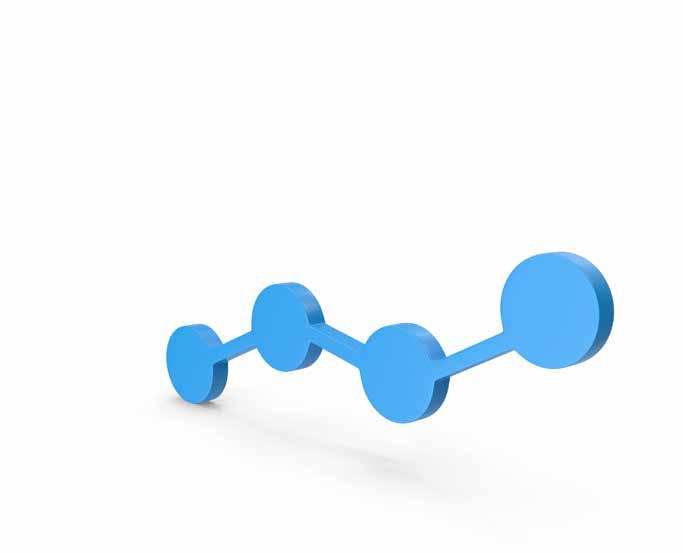
Other income totaling $56,803 included $2,182 Interest; $36,302 in Reimbursements, $9,773 Profit on sale of an asset, and Sundry Income totaling
$8,546 which included $5,000 for our involvement in the PROMPT Network; AbbVie sponsorship of $1,045, and donations of $2,500.
Total expenditure for the year was $1,948,772. The major expense was the Employee Benefits expense of $1,703,721 comprised of Salaries and Wages of $1,441,048 and On-costs of $262,673.
Other large expenses were Premises Rent and On-costs of $108,046, Office expenses of $60,411 as well as Other expenses of $56,251 for Program costs and Other staff expenses.
Motor vehicle expenses were $8,087, Travel and
accommodation was $8,256, and the Depreciation and amortisation expense was $4,000.

For the 2021-2022 financial year, Hepatitis SA had a surplus of $2,417, and this resulted in total equity of $336,092 as at 30 June 2022.
Hepatitis SA would like to thank the STI and BBV Section at the South Australian Department for Health and Wellbeing and Drug and Alcohol Services South Australia for administering Hepatitis SA’s major recurrent funding during the 2021-2022 financial year.
Michael Larkin Treasurer